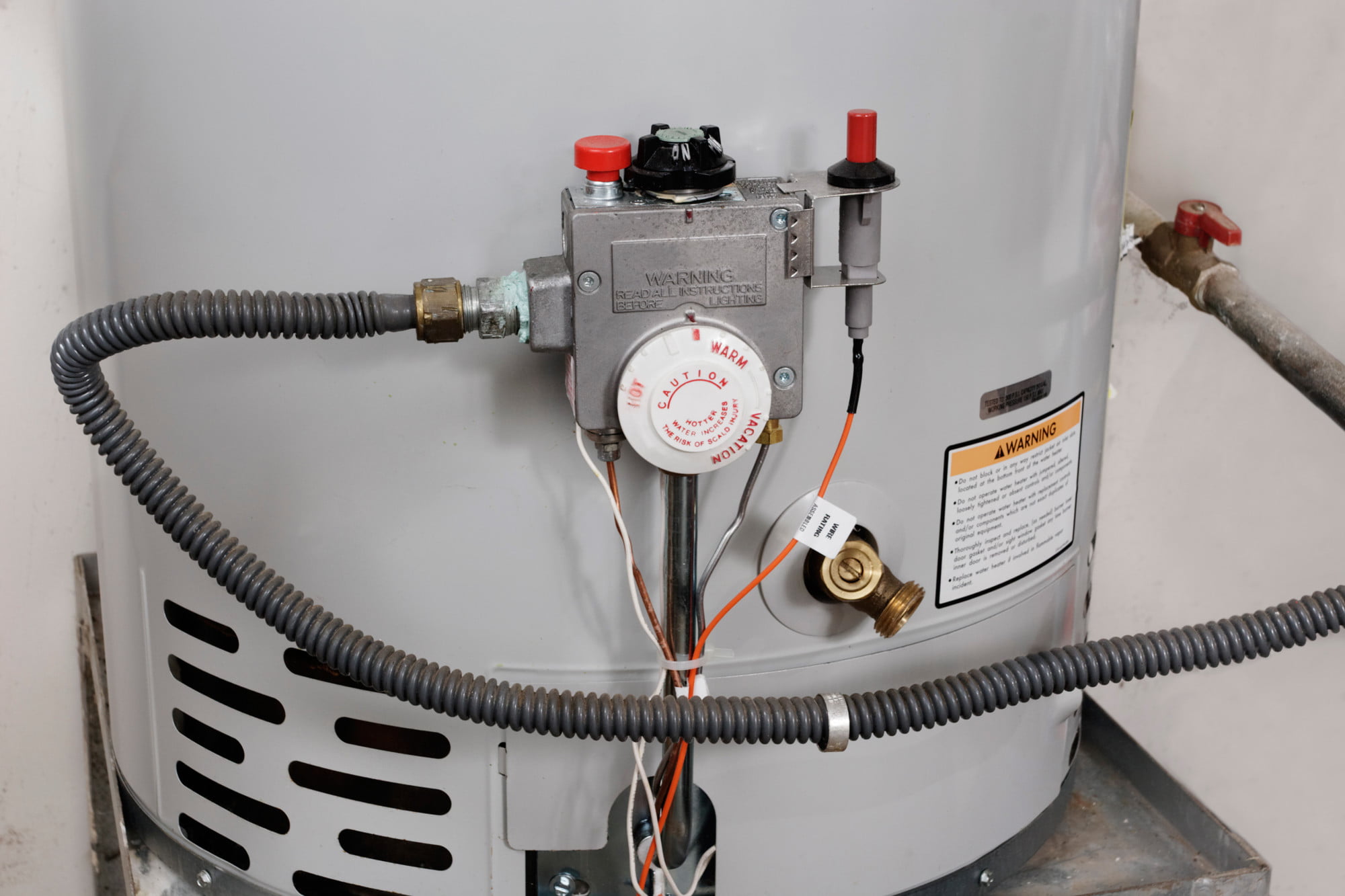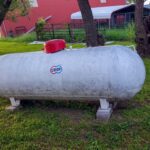Annual maintenance is a mandatory part of owning a water heater. Lack of care and attention can lead to substantial and expensive damage. But regular water heater maintenance is a surprisingly daunting task for many homeowners.
Unsure where to start or what to look for? We’ve got you covered. Check out these basic yet important water heater maintenance tips. Read on!
1. Checking Your Water Heater’s Temperature
As a homeowner, you should know a few water heater maintenance tips to keep your unit in good shape and prevent costly repairs. The ideal temperature for most homes is between 120 and 140 degrees Fahrenheit.
You can check the temperature by looking at the thermostat on the unit. If it’s set too high, it could be causing your water heater to work harder than necessary and shorten its lifespan. If the temperature is too low, you may not have enough hot water for your family’s needs.
2. Adjusting Your Water Heater’s Temperature
One of the most important maintenance tips every homeowner should know is how to adjust the temperature of their water heater. Most water heaters come set to around 140 degrees, but this is usually too hot for most homes and can lead to scalding.
125 degrees is a much safer setting that will still provide plenty of hot water. To adjust the temperature, simply find the thermostat on your water heater and turn it to the desired setting.
3. Flushing Your Water Heater
Water heater maintenance is important for prolonging the life of your appliance and ensuring it runs efficiently. Flushing your water heater is one essential maintenance task that every homeowner should know how to do.
Built-up sediment can not only reduce efficiency, but it can also cause the water heater to overheat and become a safety hazard.
Luckily, flushing your water heater is a relatively easy process that only takes a few minutes. Simply drain the water from the tank using a garden hose to direct the water away from the house.
Once the tank is empty, turn on the cold water supply and let it run for several minutes to flush out the sediment. You should perform this maintenance task every few months to keep your water heater running smoothly.
4. Inspecting Your Water Heater’s Anode Rod
One of the most important things a homeowner can do to prolong the life of their water heater is to regularly inspect the anode rod. The anode rod is responsible for sacrificing itself to corrosion so that the tank itself does not rust.
Over time, it will corrode and need to be replaced. Homeowners should check their anode rod every few years and replace it as needed.
Your water heater is an essential part of your home, and when it breaks down, you need to call a professional for the water heater repair. Trying to fix the problem yourself could result in further damage to the heater or even serious injury.
Learn More About Water Heater Maintenance Today
It’s important to keep your water heater in good shape to avoid costly repairs or replacements. These tips will help you keep your water heater running smoothly for years to come.
If you have any questions about it or need to schedule a water heater maintenance appointment, be sure to contact a professional.
Did you find this article helpful? Visit more of our blogs!




